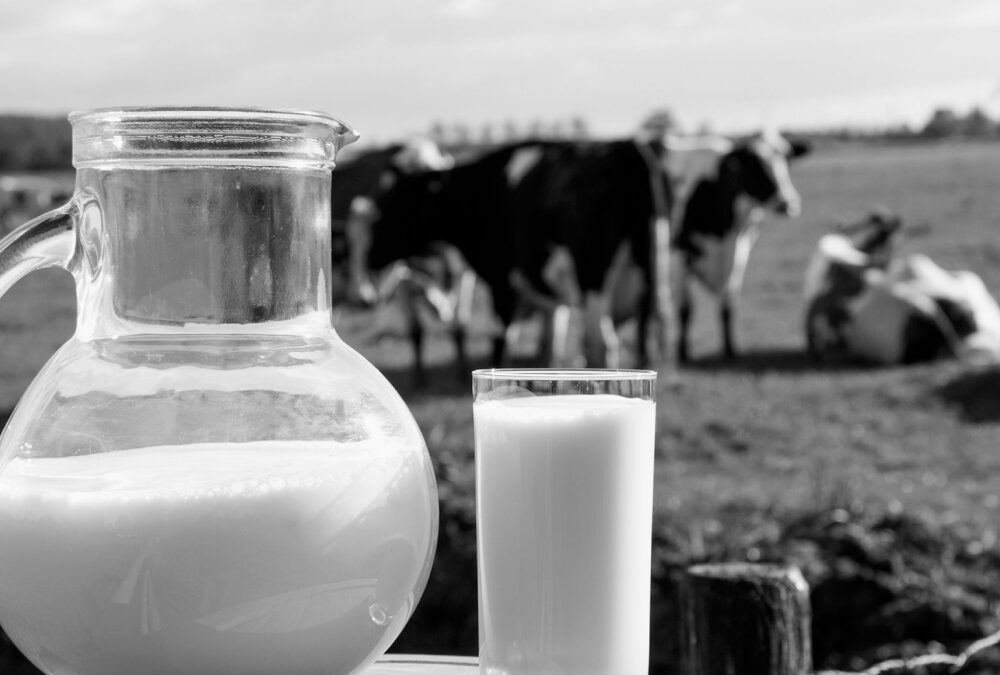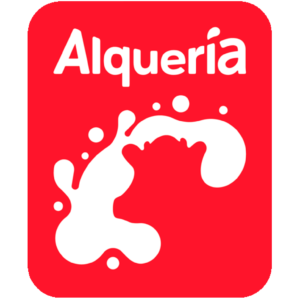

The Opportunity
Despite Colombia’s potential to become a dairy product lead producer, cattle raising faces different obstacles that have led the market to depend on imports. For example, the competitiveness of the dairy industry in Colombia lags behind that of countries1:
- Cow productivity in Uruguay or New Zealand is 188% higher than in Colombia
- Small and medium cattle raisers follow artesanal cattle raising methods and lack the infrastructure to meet international standards.
All of this creates a heavy cost structure that prevents competitiveness from increasing, as producers bear most of the costs. Furthermore, this activity is the primary source of GHG emissions (47.5% of Colombian 2019 emissions) and deforestation in the country (65,000 Ha due to cattle raising)2.
As consumers are demanding organic and sustainably sourced products (81% of consumers are willing to pay more for sustainable products), these problems have created an opportunity for alternative companies that offer plant-based milk and organic products to displace traditional dairy3: While plant-based milk had 1% of the dairy market in 2009, by 2018, they enjoyed a total market share of 17%.
About the project
Founded in 1958, Alquería was born with one purpose: to bring nutrition through a glass of milk to all Colombian households. Their portfolio offers milk, dairy foods, yogurt, creams and spreads and vegetable drinks. Alquería has an operational presence in 8 departments, but its sale occurs throughout the country (COP 1 billion sales in 2019).
Alquería launched its Planeta Larga Vida strategy in 2018, seeking to produce 100% of sustainably sourced dairy products under a positive net emissions four-pillar strategy:
- Sourcing: Source 100% of its milk under restoration and zero-deforestation models
- Transportation: Convert 100% of its transport to an electric fleet
- Manufacturing: Use renewable energy sources in transformation and storage.
- Packaging: Transform all its product packaging into 100% recycled materials.
Among its initiatives of sustainable livestock, Alquería is developing Vaca Madrina , a project that aims to scale a productive reconversion model, to increase the competitiveness of tropical milk cattle raisers in Cesar, Colombia, a department with multiple environmental and social challenges. In Cesar4:
- 82% of the soil is degraded,
- Only 36% of the land is adequately used concerning its natural vocation.
- Has suffered a 66% deforestation of the tropical dry forest,
- 50% of this ecosystem has been lost to grasslands for cattle raising.
Vaca Madrina is divided into three phases, currently being in the scaling phase:
- Pilot: A productive reconversion model with a subset of small cattle raisers that had previously invested in the preliminary infrastructure and who were supported by credit lines from Bancolombia.
- Scale: Scale the productive reconversion model with 600 families that currently work as Alquería’s milk providers, whose productive reconversion model must be done from scratch. Alquería will build flexible lending vehicles and collaborate with commercial lenders.
- Expansion: Growing the model to integrate +3,000 families with third parties (commercial banks) that can directly lend to the small producers to become part of an inclusive and sustainable, world-class, zero-deforestation value chain.
Besides Alquería, who will purchase 100% of the production, Vaca Madrina has very strong partners that will contribute to take the project to successful completion: &Green, CO2 Cero, FAO, Fondo Acción, IDH and Partnerships for Forests (P4F).
How we helped
Alquería wanted to have exponential growth of its pilot to reach 600 producers. With AMPLO’s help, it structured an ambitious plan to scale the project and expand it, with the following objectives:
- Strengthen livestock productivity to increase milk production and quality while reducing the GHG intensity
- Improve systems for small cattle raisers to access technical knowledge and financial and economic markets
- Carry out methodologies for monitoring GHG capture and emissions delivered by the sustainable practices
- Promote the efficient use of resources and waste from livestock farming
- Improve systems for reduction of GHG emissions and sustainable land-use
AMPLO is supporting Alquería in fundraising +USD 14 million in grants and flexible credits to implement its second phase and participating in the Project Management Office (PMO) to monitor that the project achieves the desired financial and impact goals.
Expected results
By 2023, Vaca Madrina will:
- Impact +38,000 hectares of land:
- 80% will be restored under sustainable silvopastoral practices
- 8% will be reforested, creating forest corridors that restore natural habitats
- 12% will be conserved as existing tropical dry forest
- Increase small producer’s family income by +315%
- Reach 1,800 people with climate education
- Increase land legalization and sustainable agriculture by 513%
- Increase milk production productivity by 140%
- Produce 35 million liters of zero deforestation milk
- Reduce GreenHouse Gas emissions to +25,000 tons CO2 eq by 2025
- MinAgricultura (2020) Dairy Chain Productive Management Plan
- Ideam (2019) Deforestation Monitoring Results
- EMIS Food & Beverage Sector 2019/2020 for Colombia.
- Agustín Codazzi Geographical Institute (2018) Estudio general de suelos y zonificación de tierras del depa
Our Team
We work hand-in-hand with our clients to develop and IMPLEMENT solutions that create inclusive and sustainable solutions for complex social and environmental challenges


